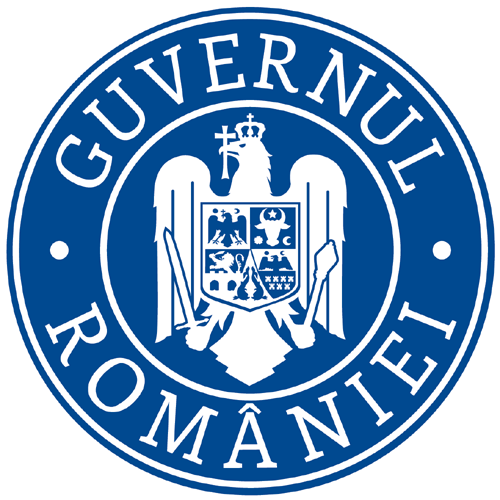RIRNM Conference 2025

International conference: Minority education in Central and Eastern Europe. Policy aspects, educational equity and cultural recognition
Program of the 2025 RIRNM Conference
Organizers:
- ISPMN - Romanian Institute for Research on National Minorities
- Institute of Religious Studies
Partners:
- Babeș-Bolyai University - Hungarian Department of Ethnography and Anthropology
- Babeș-Bolyai University - Department of History in Hungarian
- Babeș-Bolyai University - Faculty of Sociology and Social Work
- Sapientia University
- Department for Interethnic Relations, Government of Romania
- Mentés Másként Pedagógia
Education plays a key role in reproducing social inequalities and group identities and it is also central in understanding minority policy regimes. Our conference focuses on all these three aspects of education of minority students, namely (1) educational policies, (2) educational equity and (3) cultural recognition of minorities through education. Educational policies are part of larger macro-approaches of diversity management and are embedded in minority policy regimes (e.g., institutional settings and discourses shaping interethnic relations). We welcome contributions focusing on this interrelation. How different regimes of minority policies have evolved historically? Why political elites opt for different approaches of diversity management and educational policies? How these approaches were consolidated and how and why they change over time? How current changes in diversity management caused by the decline of liberal democratic framework, weakening of international human and minority rights instruments, ‘illiberal turn’ and securitization of minority policies affect educational policies? In case of minorities, educational equity has a dual meaning. On the one hand, it is connected to distributive aspects and individual opportunities of social mobility. This is how educational equity appears in the literature of international student assessment. Thus, we warmly welcome contributions using PISA, TIMSS, PIRLS databases but also papers relying on other sources (including legal analysis, anthropological, sociological approaches etc.) in analyzing equity aspects of minority education. On the other hand, educational equity is also connected to cultural recognition.
Linguistic background and cultural staff associated with minority groups are rooted in earliest socialization and if an educational system values exclusively the cultural staff (language etc.) of the dominant group, this will inevitably lead to the reproduction of the existing structure of dominance. Minorities might certainly adapt to the linguistic and cultural habitus of the majority, but this is a costly and time-consuming process and an educational system that denies the special educational needs of minorities and externalizes unilaterally costs of cultural adaptation to minority groups cannot be perceived as equitable. Thus, we welcome presentations focusing on different models of cultural recognition in education, ranging from multicultural to intercultural approaches.
The conference will include sections in English, Romanian and Hungarian. For the afternoon sections simultaneous translation will be provided. For details see the program of the conference.
Previous conferences:

